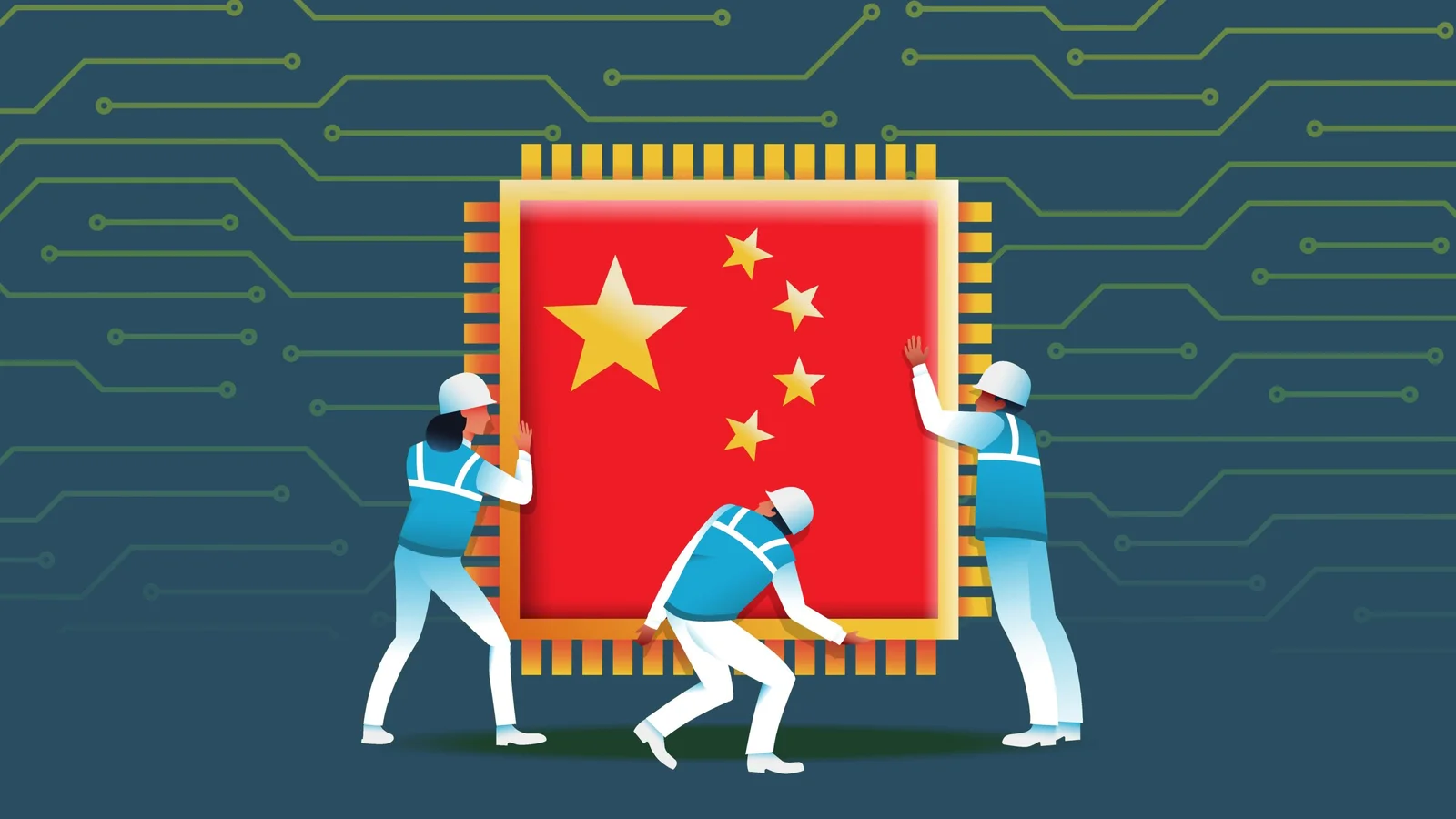Google has unveiled a major breakthrough in quantum computing, announcing a new AI-powered quantum processor designed to tackle problems beyond the reach of classical computers. This advancement promises to accelerate innovation in areas like cryptography, drug discovery, climate modeling, and large-scale data analysis.
The announcement positions Google as a leader in the global race for quantum supremacy, signaling a new era where AI and quantum mechanics intersect to solve previously intractable challenges.
How Quantum AI Works
The new processor leverages quantum bits, or qubits, capable of representing multiple states simultaneously. Combined with artificial intelligence algorithms, this technology can analyze vast datasets far faster than traditional systems. Machine learning models can now operate in ways that were computationally impossible before, leading to more accurate predictions and faster problem-solving.
Google claims the processor can complete complex calculations in minutes that would take classical supercomputers thousands of years. This has profound implications for scientific research, financial modeling, and even national security applications.
Applications Across Industries
The potential applications of Quantum AI are vast. In healthcare, it could accelerate the design of new drugs by modeling molecular interactions at unprecedented speeds. In finance, predictive models can better forecast market trends. Climate scientists can simulate environmental systems more accurately, offering new insights for mitigation strategies.
Tech companies are already exploring partnerships with Google to integrate Quantum AI into cloud computing services, enabling startups and enterprises to access cutting-edge computational power without needing to build expensive quantum infrastructure.
Challenges and Considerations
Despite its promise, Quantum AI is still in its early stages. Challenges include error correction, maintaining qubit stability, and integrating quantum systems with existing infrastructure. Additionally, ethical considerations arise, especially regarding data security, privacy, and potential misuse in sensitive applications.
Governments and industry experts are calling for regulatory frameworks to ensure responsible development and deployment of quantum technologies while promoting global collaboration and preventing monopolization.
The Global Race for Quantum Dominance
Quantum computing has become a geopolitical priority, with countries like China, the United States, and members of the EU investing heavily in research and talent development. Google’s announcement underscores the competitive landscape, where technological breakthroughs can confer economic, scientific, and strategic advantages.
Collaboration among academic institutions, private corporations, and governments is likely to accelerate progress, but careful management will be essential to balance innovation with ethical responsibility.
FAQs
What is Quantum AI?
Quantum AI combines quantum computing technology with artificial intelligence algorithms to solve complex problems faster than traditional computers.
How does it differ from classical computing?
Unlike classical bits, qubits can represent multiple states simultaneously, allowing Quantum AI to process large datasets and complex computations much faster.
What industries will benefit most?
Healthcare, finance, climate science, cryptography, and large-scale data analytics are among the primary beneficiaries.
What challenges does Quantum AI face?
Challenges include qubit stability, error correction, integration with existing systems, and ethical concerns regarding data security and misuse.
Is Quantum AI commercially available?
Currently, Google is providing access through cloud partnerships, but full commercial availability is still developing as the technology matures.
Conclusion
Google’s Quantum AI breakthrough marks a pivotal moment in the evolution of computing. By merging quantum mechanics with advanced AI, the company is opening doors to solutions previously deemed impossible.
While challenges remain, the potential applications across healthcare, finance, climate science, and more signal a transformative shift in technology. As Quantum AI continues to evolve, it promises to redefine problem-solving, scientific discovery, and global innovation for decades to come.









